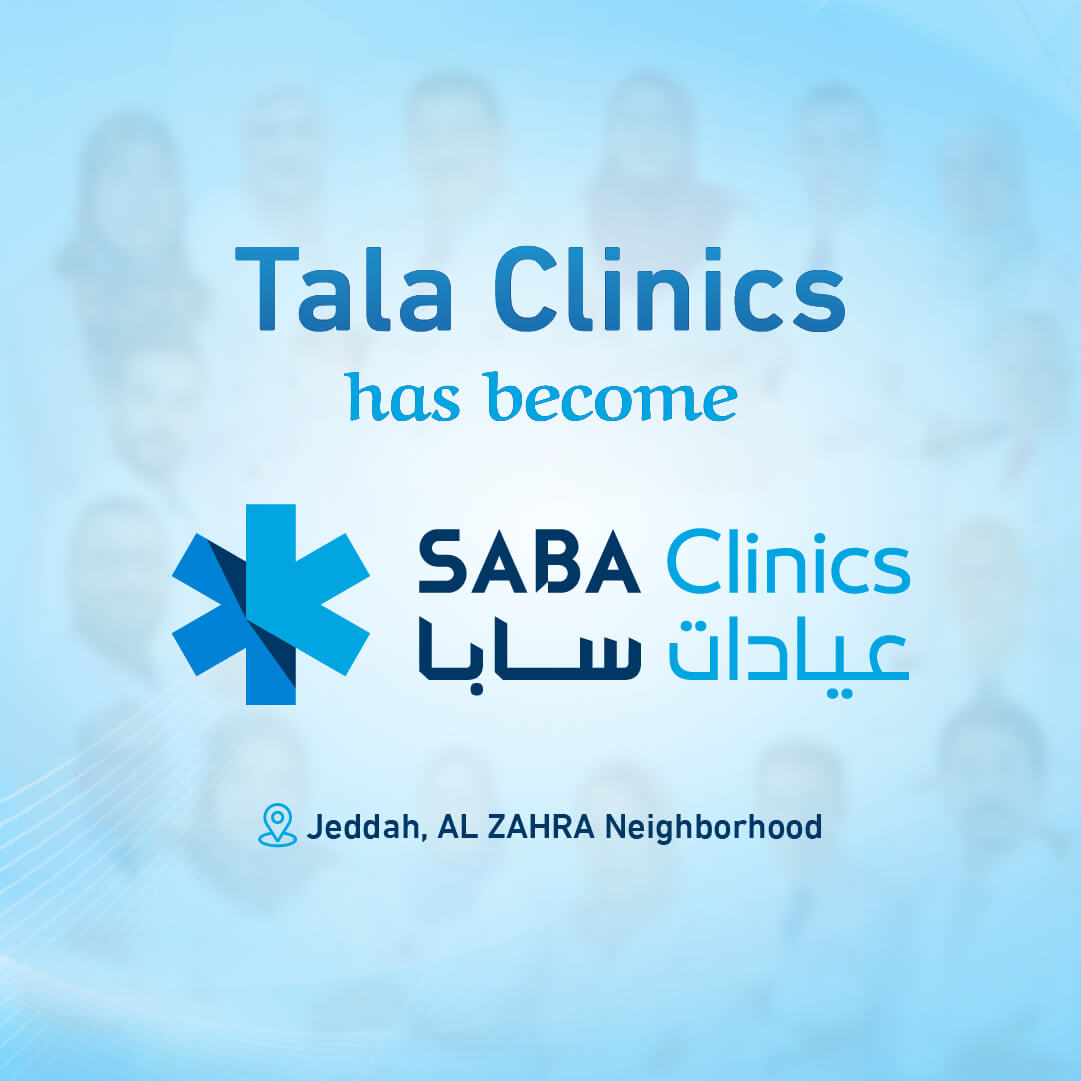Therapeutic nutrition
The Nutrition Department at Tala Medical Clinics focuses on educating patients and provides them with an integrated diet plan to help them achieve and maintain a healthy weight. Our experienced dieticians and nutritionists develop an optimal nutrition program catered to patients’ individual nutritional needs and lifestyle requirements.
Our Services
Patients become obsessed with being ‘the perfect weight’
Book an appointmentPatients have a dysmorphic self-image
Book an appointmentPatients work out, diet to the extreme and weigh themselves obsessively
Book an appointmentEating disorders are usually accompanied by other mood or psychological disorders such as depression or anxiety
Book an appointmentOther services
What are eating disorders?
Eating disorders are serious conditions associated with persistent eating behaviors that negatively affect your health, feelings, and ability to perform important activities in your life. Eating disorders involve an excessive focus on weight and body shape and occur most often in adolescence and young adulthood. The most common eating disorders are anorexia nervosa, bulimia nervosa, and binge eating disorder.
How to protect your child from eating disorders?
There is no sure way to prevent eating disorders, but some techniques can help develop healthy eating behaviours, including:
- Avoid dieting in front of your child because family eating habits affect the child’s relationship with food.
- Talk to your child because it is important to educate him or her about the risks of unhealthy eating choices.
- Instill a healthy body image in your child, regardless of its shape or size, through messages of acceptance and respect to build self-confidence.
- Seek a doctor’s help by monitoring your child’s health so that doctors can detect early signs of an eating disorder.
How to avoid obesity?
Some preventive steps prevent pathological weight gain and related health problems, as well as help you get rid of excess weight or obesity. Such as:
- Do 150 to 300 minutes of moderate-intensity exercise a week, such as brisk walking and swimming.
- Follow a healthy diet and focus on eating low-calorie, nutrient-rich foods such as fruits, vegetables and whole grains, and avoiding saturated fats, sweets and soft drinks.
- Avoid foods that tempt you to eat more to stay in control of your eating behaviors.
- Keep track of your weight regularly and measure your weight at least once a week to spot a slight increase in your weight before it becomes a major problem.
- Stick to your plan during the week and on weekends, vacations, and holidays to increase your chances of success.
What lifestyle should be followed after a gastric balloon?
Gastric balloon is a lifestyle program that requires adherence to a healthy diet and exercise to get the best results. Here are some tips to get more benefit from the gastric balloon:
- Drink more fluids to stay hydrated, and drink up to 8 glasses of water a day.
- Avoid light foods that are high in calories, and preferably stick to a diet that contains 1,200 calories per day.
- Eat slowly and chew well.
- Do simple physical activities as you can, because walking or running for 20 or 30 minutes helps to lose weight.
- Avoid drinking and eating at the same time, and record the amount of food and fluids you drink.
When should you take nutritional supplements?
Nutritional supplements add important elements to your health system and cannot replace them. If you are committed to eating healthy, you will not need nutritional supplements in most cases, but your doctor may advise you to take nutritional supplements if you do not adhere to a healthy diet or do not diversify between the types of food in your meals. This is to make up for what you lack in nutrients. Make the decision to take nutritional supplements based on consulting a clinical dietitian to avoid side effects, or any other interactions with the medications you are taking.

